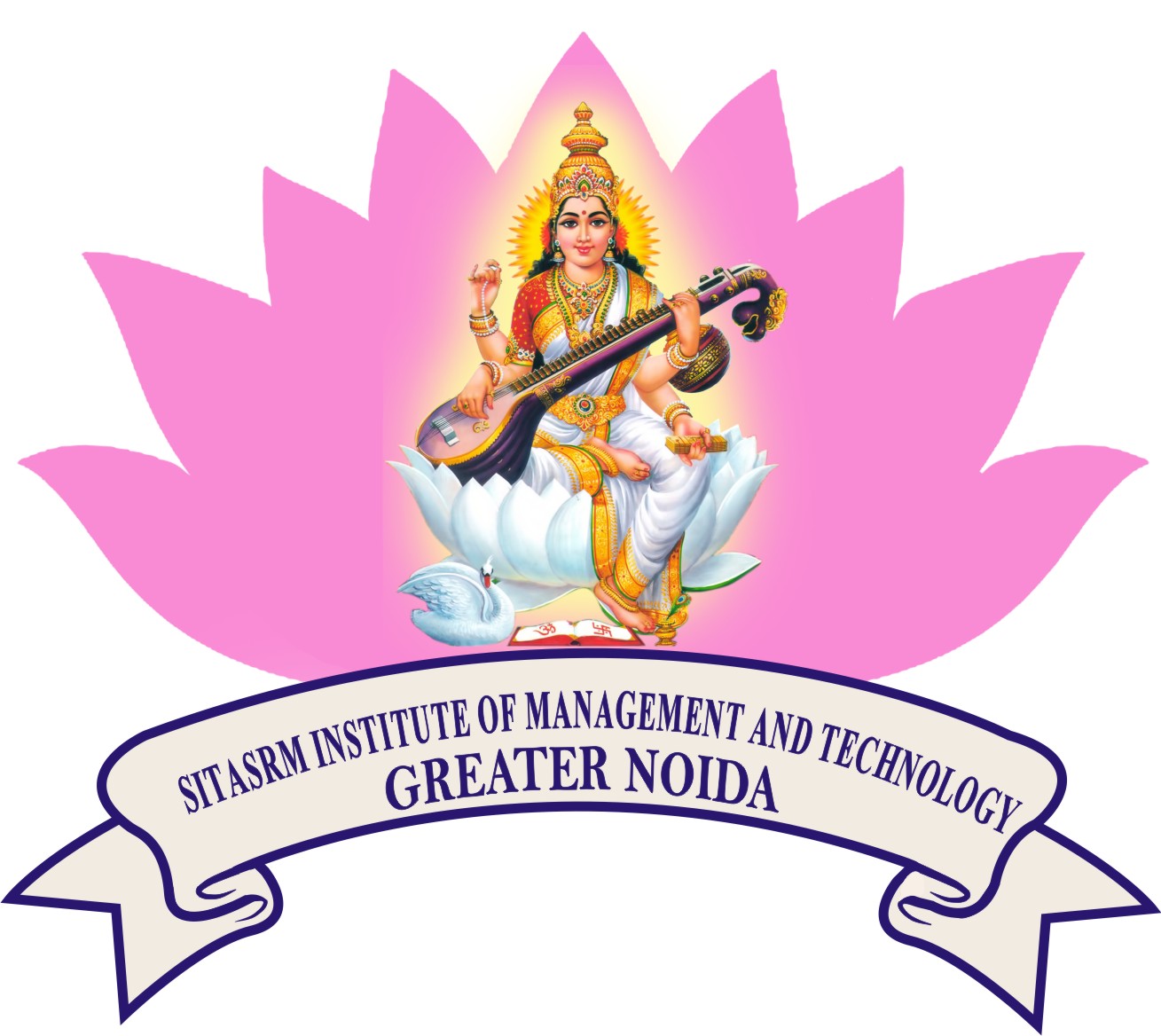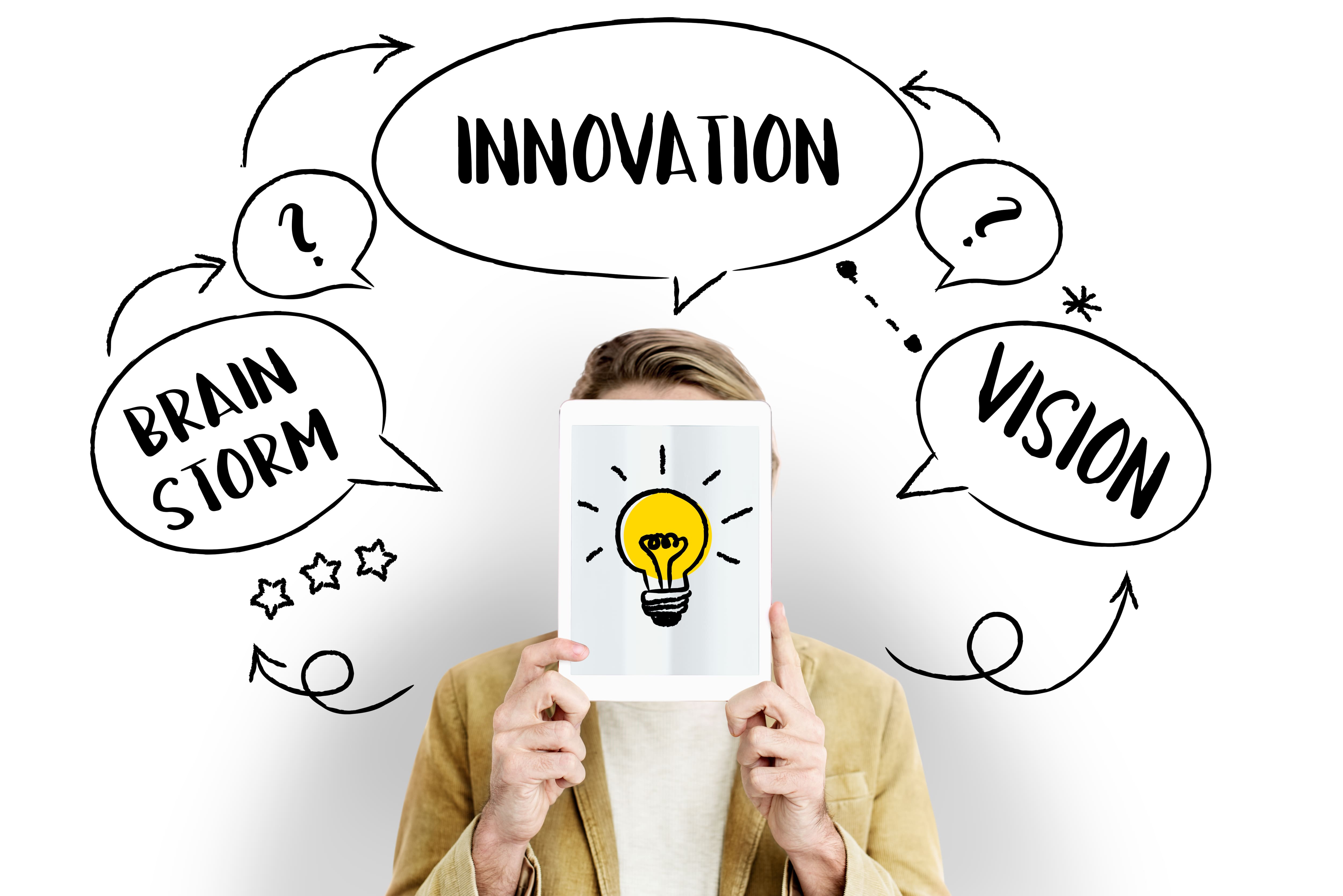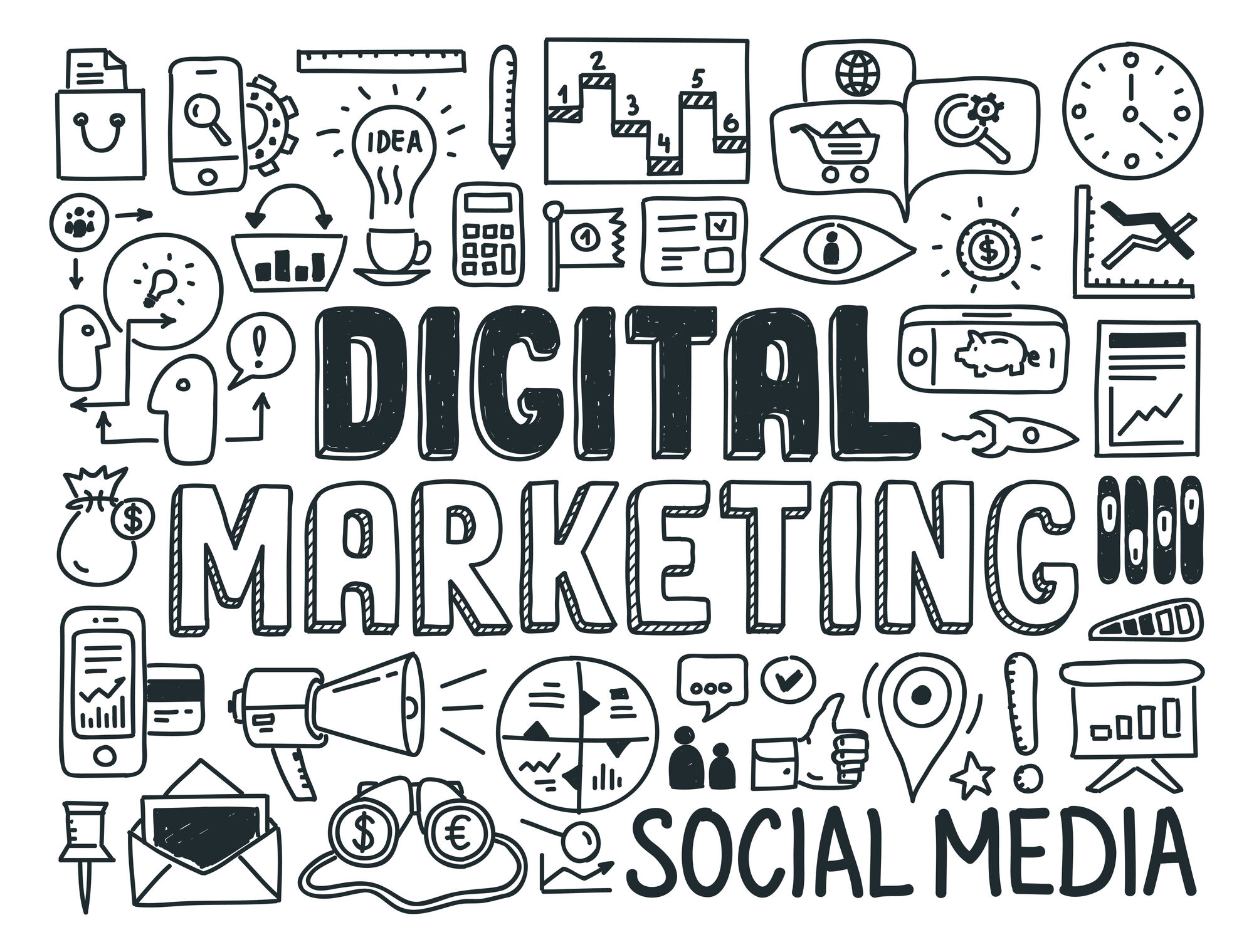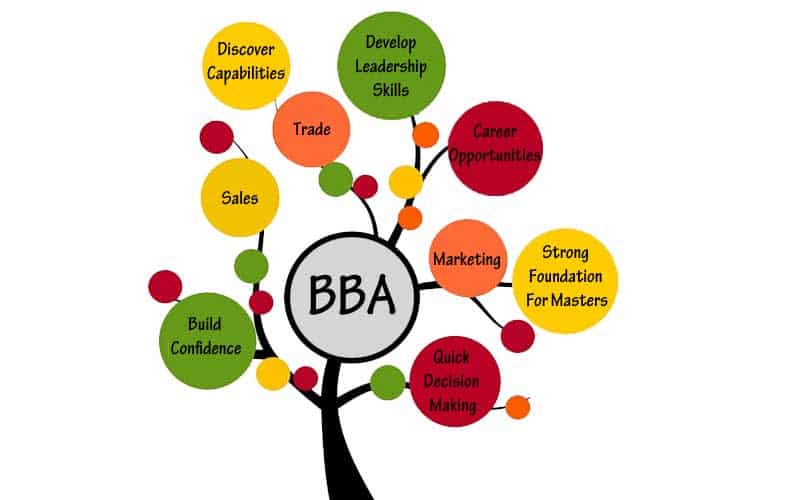 SIMT
SITASRM INSTITUTE OF MANAGEMENT & TECHNOLOGY
SIMT
SITASRM INSTITUTE OF MANAGEMENT & TECHNOLOGY
 SIMT
SITASRM INSTITUTE OF MANAGEMENT & TECHNOLOGY
SIMT
SITASRM INSTITUTE OF MANAGEMENT & TECHNOLOGY

SIMT
SITASRM INSTITUTE OF MANAGEMENT & TECHNOLOGY
Menu
From Ideation to Execution: The Role of Different Project Lifecycle Skills

Introduction to Project Lifecycle Skills
Have you ever had a brilliant idea, a 'lightbulb moment that felt like it could change everything? Perhaps it was for a new app, a community event, or a research project. But then, as you started to think about making it happen, you realized the gap between that initial spark and a finished product is huge. That journey, from a rough concept to a tangible reality, is the project lifecycle. It's a journey that demands a diverse range of skills, not just one. Understanding how different skills come into play at each stage is crucial for anyone hoping to lead a successful project, or even contribute to one effectively. This blog will break down the essential project lifecycle skills needed at every step, from the first brainstorm to the final launch.
Understanding the Project Lifecycle
The project lifecycle is a framework that outlines the sequence of phases a project goes through, from its conception to its conclusion. While different models exist, they generally follow four main stages:
-
Ideation: The initial phase where ideas are generated, defined, and vetted. It's about creative thinking and big-picture vision.
-
Planning: This stage turns the idea into a detailed roadmap. It involves setting goals, defining tasks, and allocating resources.
-
Execution: The "doing" phase. This is where the plan is put into action, and the bulk of the work is completed.
-
Closure: The final stage, where the project is completed, delivered, and a final review is conducted.
Successfully navigating this journey requires a dynamic set of project lifecycle skills. A person might be a genius at coming up with ideas, but struggle with the detailed planning required to make them happen. Conversely, someone who excels at following a plan might lack the creative spark for the initial ideation.
Phase 1: Ideation - The Birth of an Idea
The ideation phase is where creativity and innovation reign. It’s about asking "what if?" and exploring possibilities without immediate judgment. The primary project lifecycle skills at this stage are all about creativity and big-picture thinking.
Essential Ideation Skills:
-
Creative Thinking: The ability to generate new and unique ideas. This involves brainstorming, mind-mapping, and thinking outside the box. It's the first step in the project lifecycle.
-
Problem-Solving: Identifying a problem or a need in the market or society that the project can address. This isn't just about coming up with an idea, but an idea that solves a real-world issue.
-
Visioning: Articulating a clear, compelling vision for the project. This skill allows you to see the future potential of the idea and inspire others.
-
Curiosity: A natural desire to explore new concepts and learn about different domains. This fuels the search for new ideas.
Without these foundational project lifecycle skills, a project might never get off the ground. The ideation phase is the seed from which everything else grows.
Phase 2: Planning - Turning a Dream into a Blueprint
Once an idea is solidified, the focus shifts from "what" to "how." The planning phase is where you transition from big-picture thinking to granular detail. This stage demands a completely different set of project lifecycle skills.
Essential Planning Skills:
-
Strategic Thinking: Developing a high-level strategy to achieve the project's goals. This includes defining the scope, setting a timeline, and outlining key milestones. This is a critical element of project management.
-
Organizational Skills: Meticulously organizing tasks, resources, and team members. This involves creating detailed schedules, budgets, and resource allocation plans.
-
Risk Management: Identifying potential risks and developing contingency plans. This proactive skill helps a project stay on track even when things go wrong.
-
Communication: Clearly communicating the plan to all stakeholders, ensuring everyone is on the same page and understands their role.
These are the core project lifecycle skills that transform a concept into a workable blueprint. Without strong planning, even the best idea can crumble under the weight of unforeseen challenges.
Phase 3: Execution - The Real Work Begins
This is the phase where the plan is put into action. It's the longest and most demanding part of the journey. The execution skills required here are about efficiency, adaptability, and leadership. .
Essential Execution Skills:
-
Leadership and Motivation: Guiding the team, managing conflicts, and keeping everyone motivated and focused on the end goal. Effective project management during this phase is key.
-
Problem-Solving (Operational): Dealing with the day-to-day issues that arise. This is a more tactical form of problem-solving compared to the conceptual problem-solving in the ideation phase.
-
Time Management: Ensuring tasks are completed on schedule. This involves continuous monitoring of progress and adjusting timelines as needed.
-
Adaptability: The ability to pivot and adjust the plan when faced with new information or unexpected obstacles. The real world rarely follows a perfect plan.
The successful execution of a project is a testament to the team's ability to blend strategic direction with meticulous, hands-on work. This is where the core project lifecycle skills truly shine.
Phase 4: Closure - The Final Sprint
The final stage is about wrapping up. It's not just about delivering the final product; it's about formalizing the project's completion, learning from the experience, and celebrating success. This final step requires a very specific set of project lifecycle skills.
Essential Closure Skills:
-
Documentation: Creating a detailed record of the project, including a final report, lessons learned, and any relevant documents. This knowledge is invaluable for future projects.
-
Stakeholder Communication: Formally closing the project with all stakeholders, reporting on the final outcome, and ensuring all expectations have been met.
-
Analysis: Conducting a post-mortem review to analyze what went well and what could be improved. This fuels organizational learning.
-
Celebration: Acknowledging the team's hard work and celebrating their achievements. This boosts morale and prepares the team for future projects.
This final stage is often overlooked, but it is a vital part of the project lifecycle. A well-executed closure ensures that the hard-won experience is not lost.
Conclusion
From the initial spark of an idea to the final celebratory handshake, the project lifecycle is a journey that requires a dynamic and evolving set of skills. No single person possesses all of them perfectly. A successful team is a tapestry woven with different strengths, from the creative vision of the dreamer to the meticulous detail of the planner and the resilient drive of the doer. Recognizing and nurturing these distinct project lifecycle skills is the key to turning a great idea into a groundbreaking success. Understanding this journey is the first step toward becoming an effective leader or a valuable team member in any project you undertake.



















































